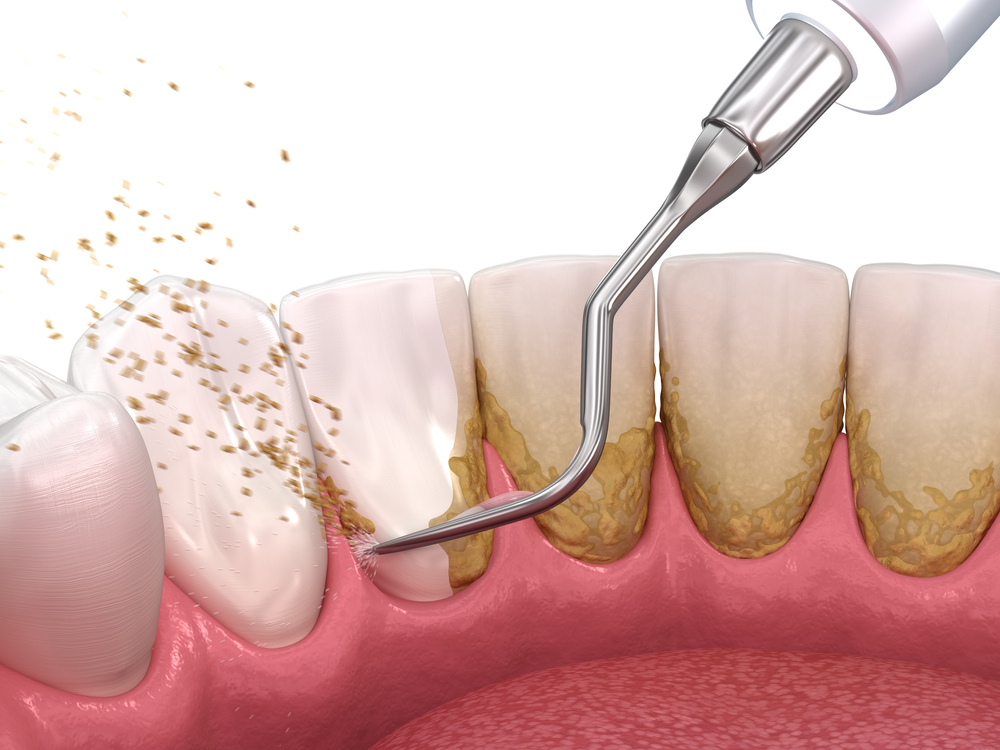Introduction
Plaque buildup is a natural occurrence and can be easily managed with regular brushing and flossing. However, when plaque is not adequately eliminated, it can harden into tartar, which is much more challenging to eliminate. Tartar not only poses cosmetic concerns but also increases the risk of oral health issues.
How to Soften Tartar from Teeth?

- The primary rule of good oral hygiene is proper brushing. Use a soft-bristle toothbrush and fluoride toothpaste. Brush your teeth in the morning and before bedtime, for at least two minutes each time.
- Flossing is necessary for removing food particles and plaque from between your teeth. Make it a habit to floss at least once a day. Proper flossing can prevent tartar from forming in those hard-to-reach areas.
- Using an antimicrobial or antiseptic mouthwash can help reduce the amount of bacteria in your mouth, which can contribute to tartar formation. Rinse with mouthwash as part of your daily oral care routine.
- Use tools like dental picks to clean between teeth and along the gumline. Dental picks and interdental brushes can be especially useful for removing plaque and preventing tartar in areas where your toothbrush can’t reach.
- Oil pulling is technique that involves swishing oil n your mouth for about 15-20 minutes. Some people believe it can help remove toxins and bacteria from the mouth.
- Mix water with a small amount of baking soda to create a paste and gently use it to brush your teeth. Baking soda has abrasive properties that can help remove surface stains and soften tartar. However, use this sparingly, as excessive use can be abrasive to tooth enamel.
- Cutting down the intake of sugary and starchy foods can help reduce plaque and tartar formation. Also, consider adding crunchy fruits and vegetables, such as apples and carrots, to your diet. Chewing these foods can help mechanically clean your teeth.
- Staying adequately hydrated can help your mouth produce saliva, which has natural antibacterial properties. Saliva can assist in breaking down and washing away food particles and plaque.
Conclusion
Maintaining a tartar-free smile is not only aesthetically pleasing but also essential for overall oral health. Regular oral care practices, such as proper brushing, flossing, and dental check-ups, can prevent tartar buildup. Natural remedies and lifestyle choices, like oil pulling and dietary adjustments, may help soften tartar. However, remember that if tartar has already accumulated, a professional dental cleaning is the most effective way to remove it. So, now don’t wait until the problems escalate; start your journey to a healthier and brighter smile today.
